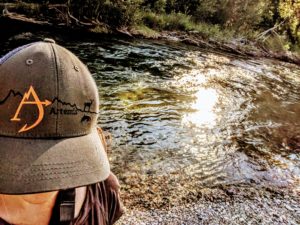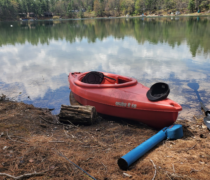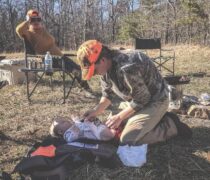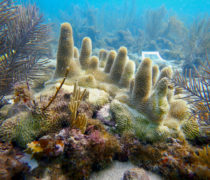What does it mean that LWCF expired?
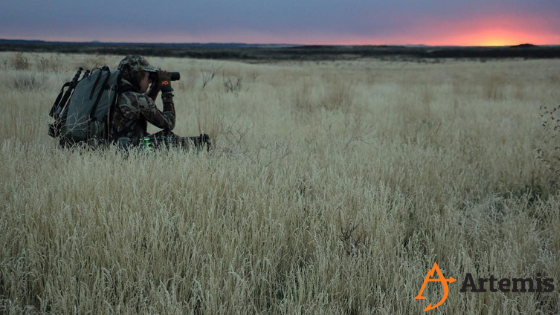
By Marcia Brownlee, Artemis Program Manager
When I chose to be engaged in conservation advocacy, I jumped on a steep learning curve. Conservation issues are complex. Our government systems are complex. It can be difficult to sort through all the available information to get the answers you’re looking for. The Land and Water Conservation Fund (LWCF) is no different.
 As a conservation program, LWCF is pretty straightforward. Once you know how pervasive it is, its value is obvious. But the process is complex. Artemis, and conservation organizations across the country, worked diligently to advocate for full funding and permanent reauthorization of LWCF before it expired on September 30th. That due date has come and gone. The Land and Water Conservation Fund has expired.
As a conservation program, LWCF is pretty straightforward. Once you know how pervasive it is, its value is obvious. But the process is complex. Artemis, and conservation organizations across the country, worked diligently to advocate for full funding and permanent reauthorization of LWCF before it expired on September 30th. That due date has come and gone. The Land and Water Conservation Fund has expired.
What exactly does this mean?
As one of the nation’s most successful conservation and outdoor recreation programs, it is disappointing that our government did not renew the Land and Water Conservation Fund before its expiration date for a number of reasons. First, it shows a lack of commitment and political will by our congressional leaders to support conservation and America’s public lands. Second, there are a number of LWCF funded projects that are in process, and this expiration puts those projects in jeopardy.

As of Sunday, no money is being held for Land and Water Conservation Fund projects. Imagine you are a private land owner in conversation with a federal agency about selling or exchanging land to promote conservation and increase public access, and suddenly the agency’s funding source and spending authority is in question. What you do next depends a lot on how flexible you can afford to be.
Expiration of the LWCF means its future is still in question. It means that our nation’s commitment to our public lands legacy, to the health of habitat and wildlife connectivity, to equitable access to natural spaces, remains in doubt. It means huge part of our hunting and angling tradition still hangs in the balance.
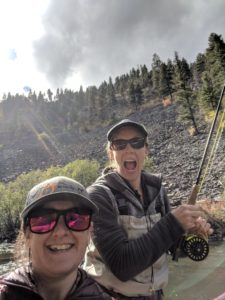
There’s light on the horizon. LWCF has no cost to tax payers because the Fund receives its money from off shore oil and gas fees. Right now those fees are still being collected by the government and can still be appropriated for use in the Land and Water Conservation Fund. However, to do this the fund must be reauthorized.
Both the Senate Committee of Energy and Natural Resources and the House Committee of Natural Resources have passed bills in support of LWCF. (House Bill 502 is for permanent reauthorization, but does not include funding. Senate Bill 569 includes full funding and permanent reauthorization ). This is fantastic! We need to pause for a second to recognize that these bills were bipartisan efforts taking huge strides towards exactly what we were hoping for. So…pause.
And now, the next step is to have the bills approved by the House and the Senate and signed by the President.
As sportswomen, we know firsthand the importance of resilience, persistence and hard work. We must continue to do what we’ve been doing by actively working and advocating for permanent reauthorization and full funding of LWCF. We must ask our congressional leaders to do this as soon as possible in order to maintain the integrity of the program and secure our future.
Call your congressional leaders, visit your senators and representative’s office, write an opinion piece, write a letter to the editor, work with your city or county to pass a resolution in support of LWCF, and join Artemis. Our whole purpose is to support sportswomen who want to learn to be effective advocates for public lands. We are here for you. We want to hear from you. Don’t hesitate. Let us be a part of your learning curve.
